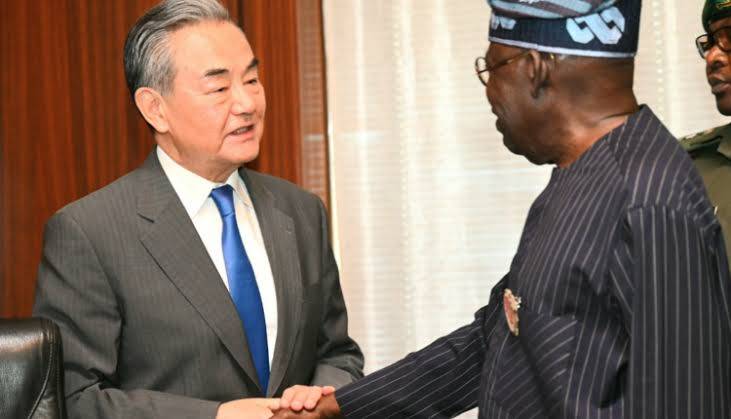The China-Nigeria Divide: A Story Of Different Choices, Different Outcomes
The economic trajectories of China and Nigeria have been vastly different since the late 1970s. While China has experienced rapid growth and industrialization, Nigeria has struggled with poverty and underdevelopment. The contrast between the two nations is stark, with China shipping $3.58 trillion worth of merchandise each year to the US, running the world's biggest high-speed rail and electricity networks, and reducing extreme poverty to low single digits. Nigeria, on the other hand, still relies on diesel generators to power most factories and holds the unfortunate record of hosting the planet's largest pool of people living on less than $3 a day.
The reasons for this divergence are complex, but bad leadership and bad choices are significant contributors. Nigeria's heavy reliance on oil has caused economic vulnerability, while China's focus on manufacturing and exports has driven its growth. China's investment in high-speed rail has led to a significant drop in the cost of goods, and its initiatives like "Made in China 2025" focus on advanced manufacturing sectors to increase the value chain and reduce reliance on foreign technology.
Nigeria's education system also plays a role in its poverty trap. The emphasis on certificates over practical skills has created a gap between what is taught in schools and what employers need. Over 85% of Nigerian graduates lack digital skills, making them less competitive in the job market. In contrast, China's technical and vocational colleges occupy a place of prestige, providing employers with skilled technicians who can keep machines running.
Reliable energy is another fault line. Guangdong province alone generates more electricity than the entire Nigerian grid, and Chinese manufacturers assume the power will stay on. Nigerian manufacturers, on the other hand, assume the opposite and pay triple the Asian price for each kilowatt hour they consume. This makes it difficult for them to compete in the global market.
So, what can Nigeria do to break out of its poverty trap? The answer lies in making deliberate choices and sequencing investments. Reliable baseload power and a north-south freight rail spine must precede talk of mega parks or local content mandates. Technical colleges must receive the same prestige and funding as universities. Special Economic Zones must specialize in specific industries, allowing suppliers and toolmakers to cluster and drive growth.
Nigeria still possesses assets that China would envy, including a young population, vast swathes of uncultivated arable land, abundant sunshine for solar power, and a strategic coastline. With the right choices and sustained efforts, Nigeria can spin the virtuous cycle that lifted China: hard infrastructure lowers cost, factories sprout, wages rise, domestic demand deepens, tax receipts multiply, and the next round of infrastructure becomes easier to finance.
The example of Indonesia's President Widodo, who grew the economy within ten years by furthering an export-oriented strategy with in-country value addition, embarking on expansive infrastructure development, reducing poverty to 1%, and almost doubling per capita income, is a testament to what can be achieved with determination and the right policies. Nigeria can do the same if it makes the right choices and prioritizes its development. The future of Nigeria's economy depends on it.




No comments yet
Be the first to share your thoughts!